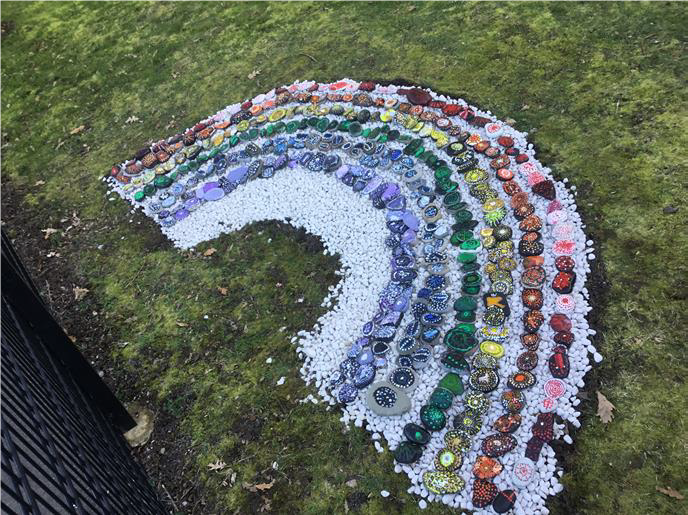Nurture and Wellbeing 
At Westbury-on-Trym Primary School, we strive to ensure that the whole-school approach to wellbeing will enable our pupils to take responsibility for their own learning, as well as foster social and emotional development and positive relationships that encourage everyone to work well together.
Our culture, ethos and environment supports the health and wellbeing of pupils and staff, which is promoted through leadership practice, the school’s values and attitudes, along with the social and physical environment.
Our approach to wellbeing goes beyond the everyday practice of learning and teaching in the classroom and is present within all aspects of school life.
Examples of wellbeing as part of school life include:
- Pupil Voice conversations to listen to the views and needs of children about many aspects of their school day
- Jigsaw Programme to develop pupils’ knowledge, attitudes and skills about health and well-being, to include mindfulness
- 1:1 support from teachers and Teaching Assistants (TAs)
- Circle Time (sharing key issues with the whole class)
- Range of lunchtime and after school activities to meet the needs of all children
- In-school groups run by the children, including Express and Reflect, Eco Committee, Healthy Helpers, School Council and On-line Safety. Pupils views across the school are captured, considered and acted upon
- Reading to dogs
- Nurture sessions
- Transition meetings and follow-ups between staff at the end of the year, to provide key information about all children
- Transition meetings and visits to secondary school to support Y6 moving to Y7
- The Marilyn Room, with resources and space for nurture support
Our partnerships with families and the community is extremely important to us. We proactively engage with families, outside agencies, and the wider community to promote consistent support for pupils’ health and wellbeing, recognising the importance of wellbeing within the home environment and its impact on pupils’ learning.
Partnerships with parents and the community include:
- Parent Gym - A six week Parenting Course
- Parent workshops e.g. Anxiety
- Professional support from Educational Psychologists, Camhs, PMHS, Paediatrician, School nurse
- Play therapy
The school values the importance of addressing pupils’ wellbeing within education, resonating with the World Health Organisation’s statement that “to achieve their potential, school children must participate fully in educational activities. To do this they must be healthy, attentive and emotionally secure.”
As a school, we strive to create an ethos that permeates through everything we do, so that all children feel nurtured and cared for across the day whether in class or somewhere else within the school environment.
Good Childhood Index - we have happy children!
This year we have been lucky enough to work with the Bristol Educational Psychology Service alongside The Children’s Society, to pilot a Good Childhood Index (GCI) questionnaire.
The survey involves a bespoke set of questions that provide evidence of how children in the school are feeling, and about their well-being. All children in KS2 took part in April and the results, following analysis, have been shared with us to highlight areas to support children’s well-being now and in the future. The survey results demonstrated that overall, we have an incredibly happy cohort of children.
For example,
96% are extremely happy with their home lives.
94% are extremely happy with their friends.
92% are extremely happy with school.
95% are extremely happy with their health.
90% are extremely happy with their appearance.
From these and other results, school will now begin to address responses with key year groups to ensure children remain as happy and also increase happiness and overall well-being.
We hope to be part of this project next year too.

